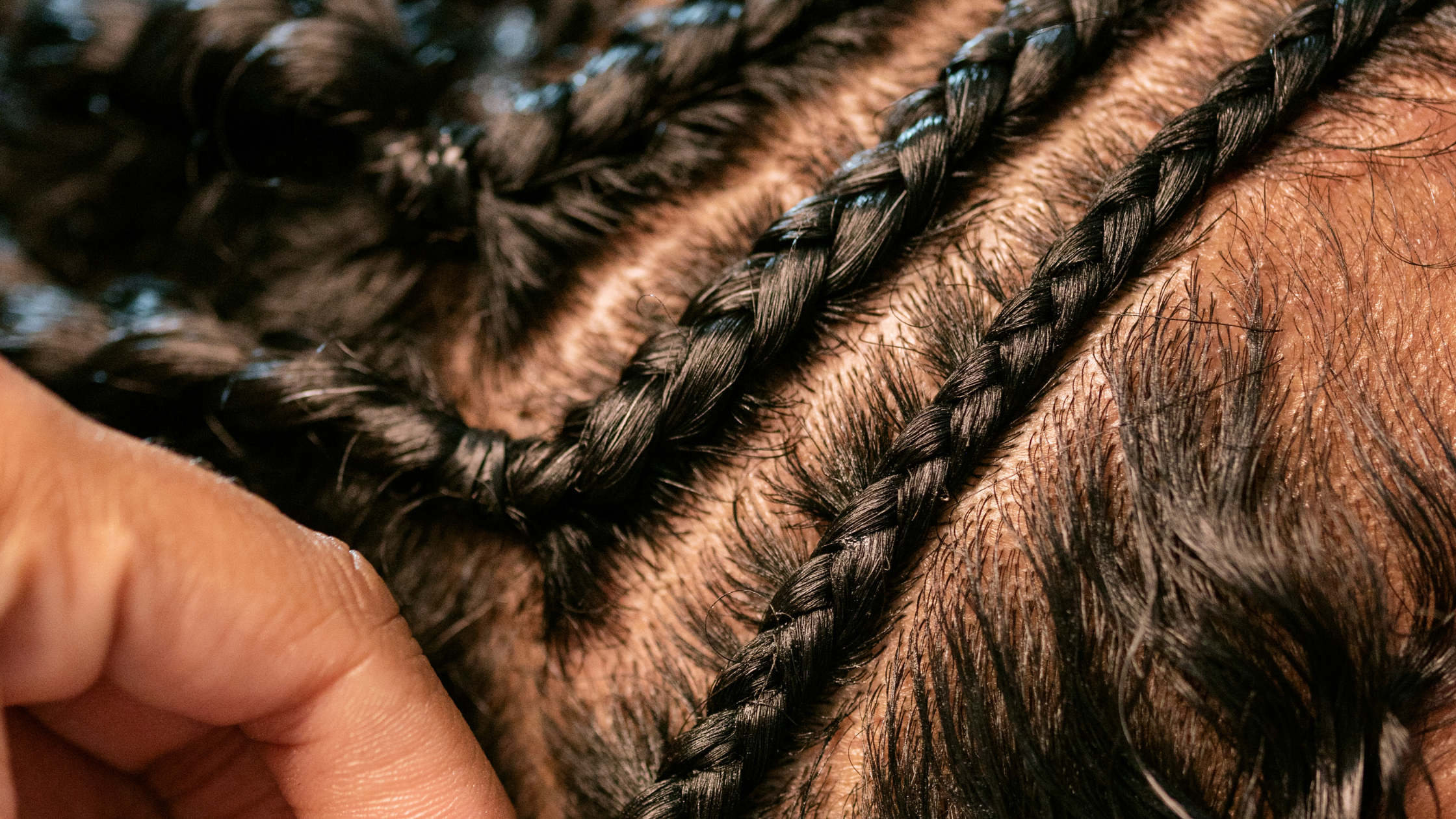Article: Beyond Hair and Heritage The Crown Act's Role in Shaping Inclusive Workplaces

Beyond Hair and Heritage The Crown Act's Role in Shaping Inclusive Workplaces
Introduction to The Crown Act
The workplace should be a space where everyone feels valued and respected. However, for many individuals, especially those from diverse communities, this isn't always the case. Enter The Crown Act, a pivotal piece of legislation aimed at ending discrimination based on hairstyles associated with race. The acronym CROWN stands for “Creating a Respectful and Open World for Natural Hair,” and its significance cannot be overstated. This blog post will walk you through the origins, provisions, and impact of The Crown Act, offering insights and practical advice for HR professionals, law advocates, and diverse communities.
Historical Context
The Crown Act didn't emerge out of thin air; it was born from a long history of racial discrimination and social activism. Historically, people of African descent have faced discriminatory practices due to their natural hair textures and protective hairstyles like braids, locs, and twists. The Civil Rights Movement made significant strides, but issues surrounding hair discrimination persisted. The Crown Act was introduced in 2019 by California State Senator Holly Mitchell and was soon adopted by other states. Its introduction marked a significant milestone in the ongoing fight for racial equality and workplace inclusivity.
Understanding the Act
The Crown Act provides legal protections against hair discrimination in employment and education. It explicitly states that traits historically associated with race, such as hair texture and protective hairstyles, should not be grounds for discrimination. For example, an employer cannot refuse to hire someone simply because they wear their hair in locs. The Act aims to ensure that everyone has the freedom to express their cultural identity without facing professional repercussions. In practice, this means that HR departments must update their policies to comply with the Act, providing training and resources to ensure a discrimination-free environment.
Impact on Diverse Communities
The positive impact of The Crown Act on diverse communities is both profound and far-reaching. Take the story of Tameka, a young professional who felt compelled to straighten her natural hair to fit into corporate culture. With the introduction of The Crown Act, Tameka and countless others like her can now wear their hair naturally without fear of discrimination. Testimonials from individuals who have benefitted from the Act highlight its importance in promoting self-acceptance and cultural pride. By protecting the right to wear natural hairstyles, The Crown Act empowers diverse communities and fosters a more inclusive society.
The Role of HR Professionals
HR professionals play a crucial role in implementing and enforcing The Crown Act within organizations. The first step is to review and update company policies to ensure they are in compliance with the Act. Training sessions can help educate employees about the importance of cultural sensitivity and the new legal protections. Best practices include creating an open dialogue where employees feel comfortable discussing issues related to hair discrimination. Challenges may arise, such as resistance from those unaware of the Act's significance, but these can be overcome through continuous education and advocacy.
Legal Implications and Future Outlook
The Crown Act is a significant step forward, but it is part of a broader legal framework aimed at combating discrimination. Currently, several states have adopted the Act, and there are ongoing efforts to pass federal legislation. Legal experts suggest that future amendments could further strengthen the Act, providing even more robust protections. The future of anti-discrimination laws in employment looks promising, with growing awareness and advocacy pushing for more inclusive practices. Businesses must stay informed about these legal developments to ensure they remain compliant and foster a respectful workplace.
Conclusion
The Crown Act is more than just a piece of legislation; it is a call to action for all of us to support inclusivity and equality. By understanding its provisions and implementing best practices, we can create workplaces where everyone feels respected and valued. Whether you're an HR professional, a law advocate, or a member of a diverse community, your role in supporting The Crown Act is vital. Let's continue to advocate for equality and ensure that everyone has the freedom to express their cultural identity without fear of discrimination.

2 comments
Is all the chemicals taken out of the hair before it shipped?
Kim Graham
Is all the chemicals taken out of the hair before it shipped?
Kim Graham
Leave a comment
This site is protected by hCaptcha and the hCaptcha Privacy Policy and Terms of Service apply.